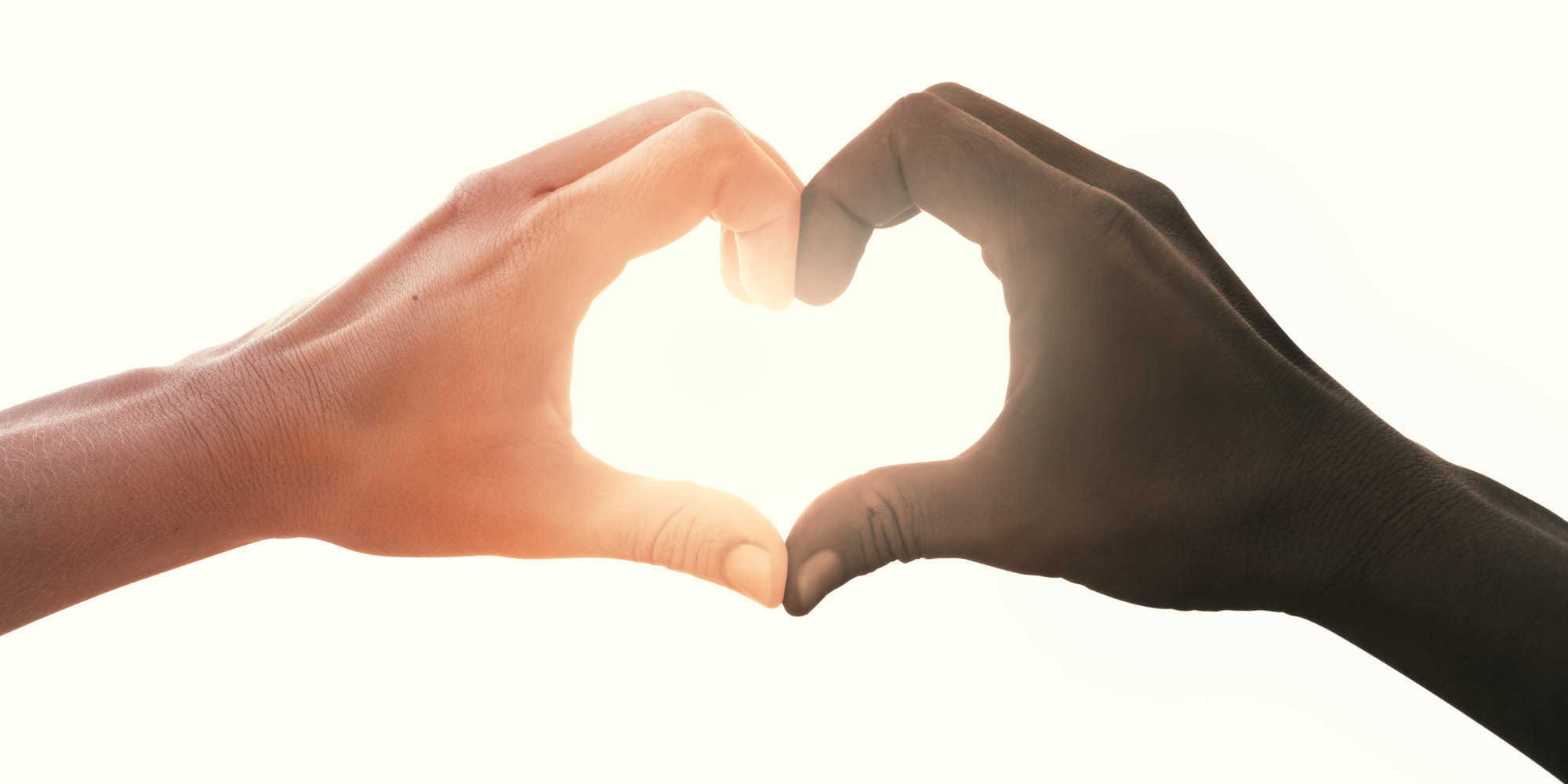I read the title of this piece and feel uneasy. I can already hear the voices of my confused friends, my protesting colleagues and the bigots. I’m writing it anyway. More honesty is what’s needed to heal and move forward, and honesty requires courage.
On paper I look like a model “Good White Person.” I’ve been disturbed by racism and trying to fix it since childhood. I used to come home from my multilingual, “majority minority” public school to tell my parents about “the curly-haired [Black] kids.” I struggled to comprehend how my ancestors could enslave and brutalize Africans. Cassie, Pam, Felicia and Keena were among my closest friends from elementary to graduate school, and my first slow dance was with an African American. My many Black teachers from third grade to senior year were my strongest female role models. I’ve had many Black coworkers and two African American female bosses. I was active in the movement to convict the officers who beat Rodney King, and joined hundreds to protest racism and police brutality during the L.A. Riots. In my first full time job, I served families in South Central L.A. and was welcomed into many Black homes. While living in Mexico, I called out Mexican acquaintances for their anti-black bigotry. I’ve been a diversity trainer and consultant for two decades, and one of my dearest mentees is a young Black man.
First confession: despite this résumé, I noticed Black folks weren’t entirely at ease around me, nor always appreciative of my “good” behavior. In school, I constantly butted heads with Black classmate Scott over my (then conservative) solutions to racism, and fellow cheerleaders Tina, Dawn and Danica clearly did not like me. At work, I clashed with both my Black bosses. I’ve been challenged and called out more than once. It seemed many African Americans disliked me, mistrusted me, walked on eggshells around me, or politely tolerated me. This bothered me (second confession), because how could I be a Good White Person or anti-racist if all Black folks didn’t love me?
A few years ago, I noticed a shift. Black folks were suddenly chatting me up – store clerks were friendlier; men greeted me on the street; and women complimented my tennis shoes, asked me for directions and laughed when I was silly. I asked Black friends if they had any insight, and the only feedback was that I was more confident. I started paying attention, and indeed, Black folks weren’t different – I was different. I was looking African Americans in the eye and saying hello. I was making funny offhand comments to strangers. I was owning my space more casually. I felt more relaxed.
It boiled down to this: I was no longer afraid of Black people. Read more!


Thanks, for sharing this. I always thought it would be nice to be a fly on the wall as an African American and hear what white folks would say when they were with other white folks. Sometimes, a single word could reveal a lot about a person’s inner thoughts and feelings.
Indeed, one word can say a lot. I’m glad you appreciated the piece. I certainly don’t speak for all White folks, yet I believe more “realness” is necessary to not only heal and move progress, but demonstrate the diversity of White peoples’ attitudes and experiences around race — not just to people of color but other Whites. Thanks for reading!
Thank you, Susana, for once again telling the truth and offering ideas. In particular, thank you for suggesting that as we White people relax, we can more completely be ourselves with others — and are more able to hear their truth and not be self-conscious or defensive. As we release fear, we make room for love.
Thank you Rebecca! I appreciate you reading, and sharing that comment. Beautifully said.